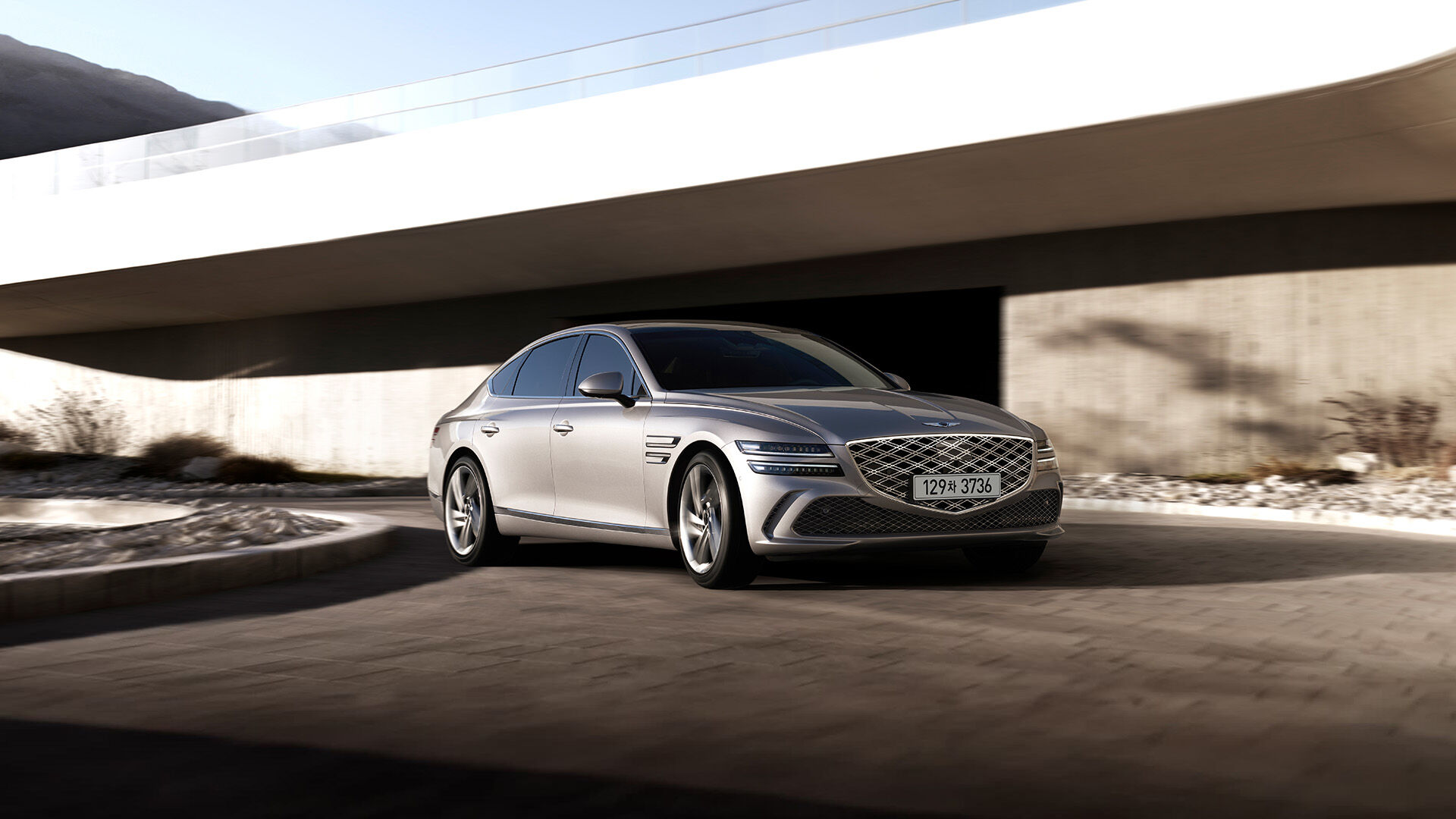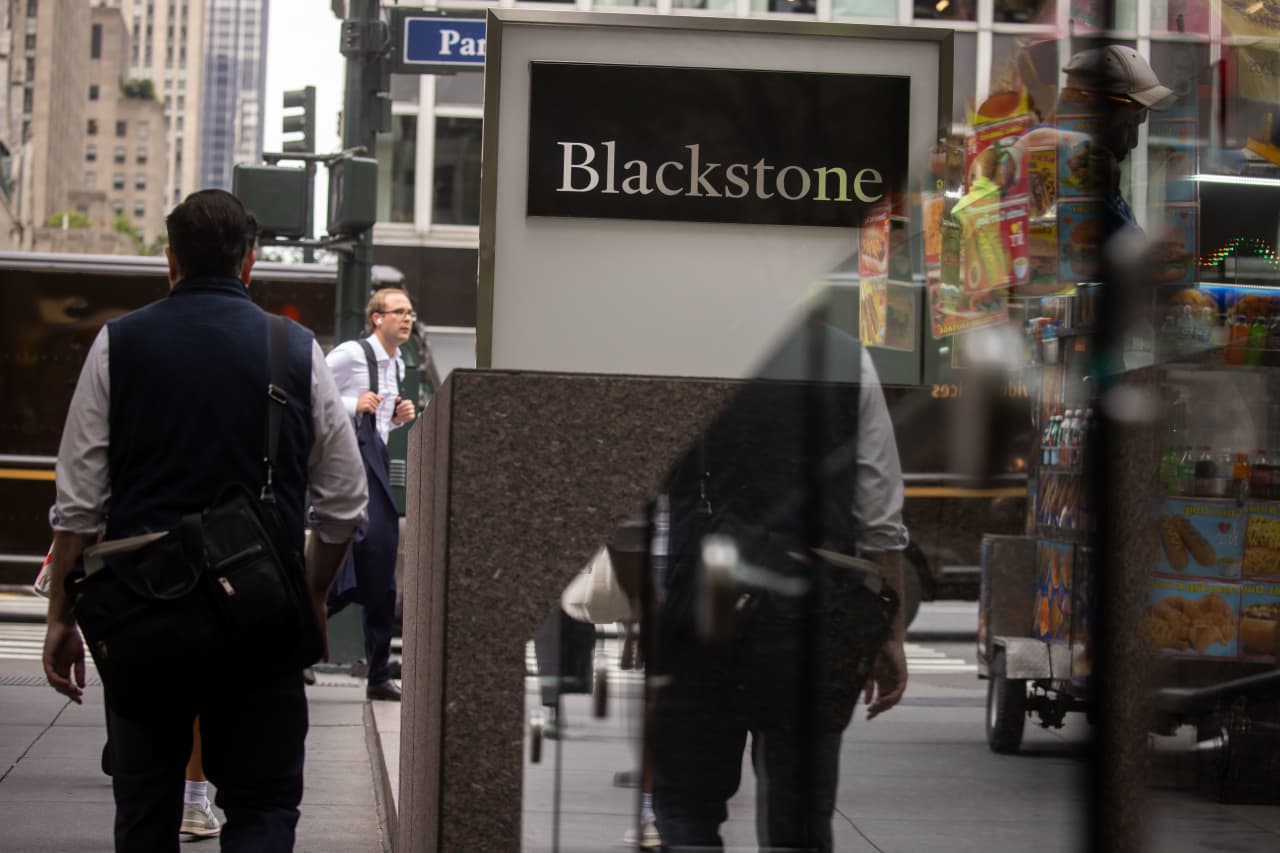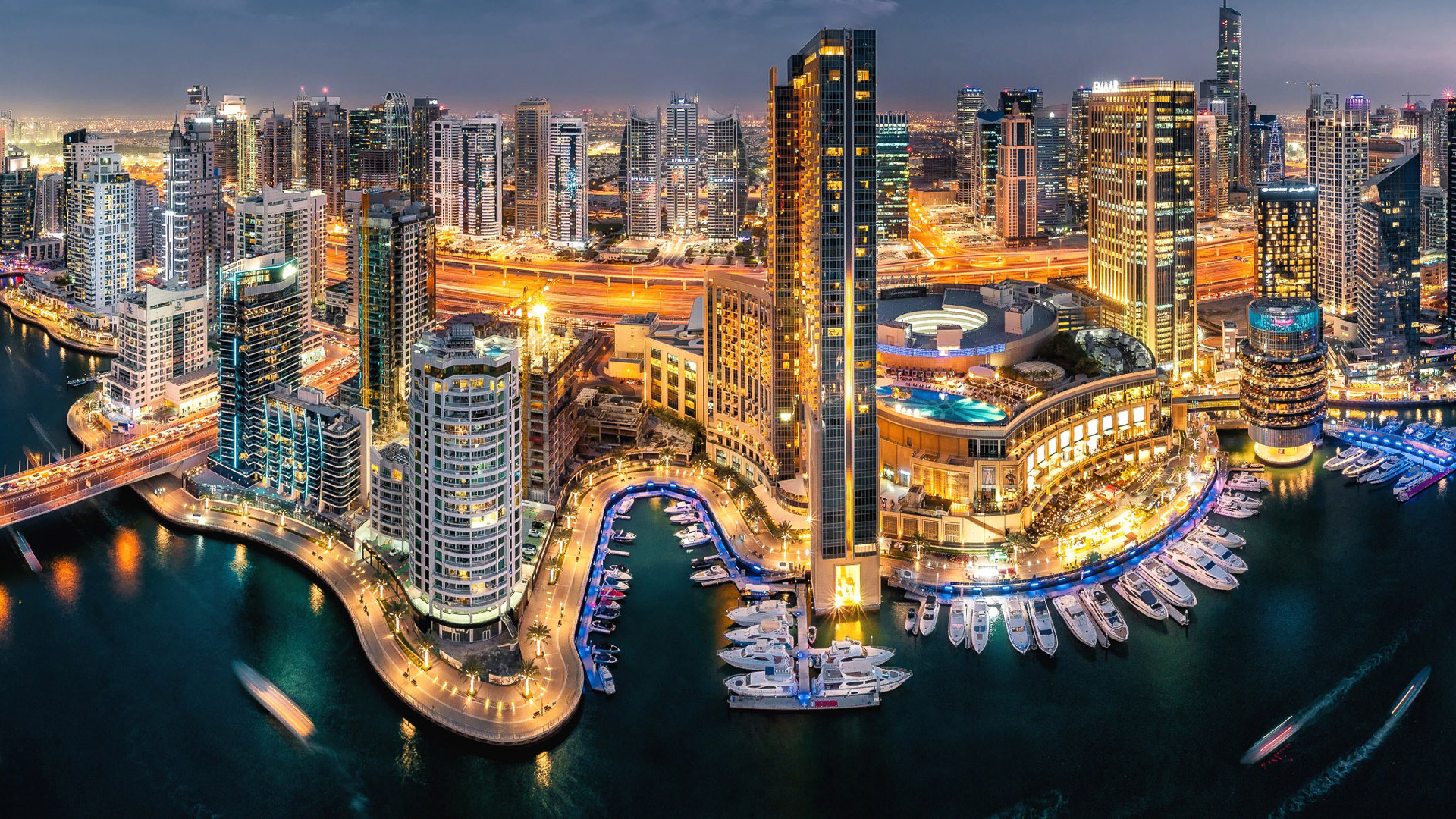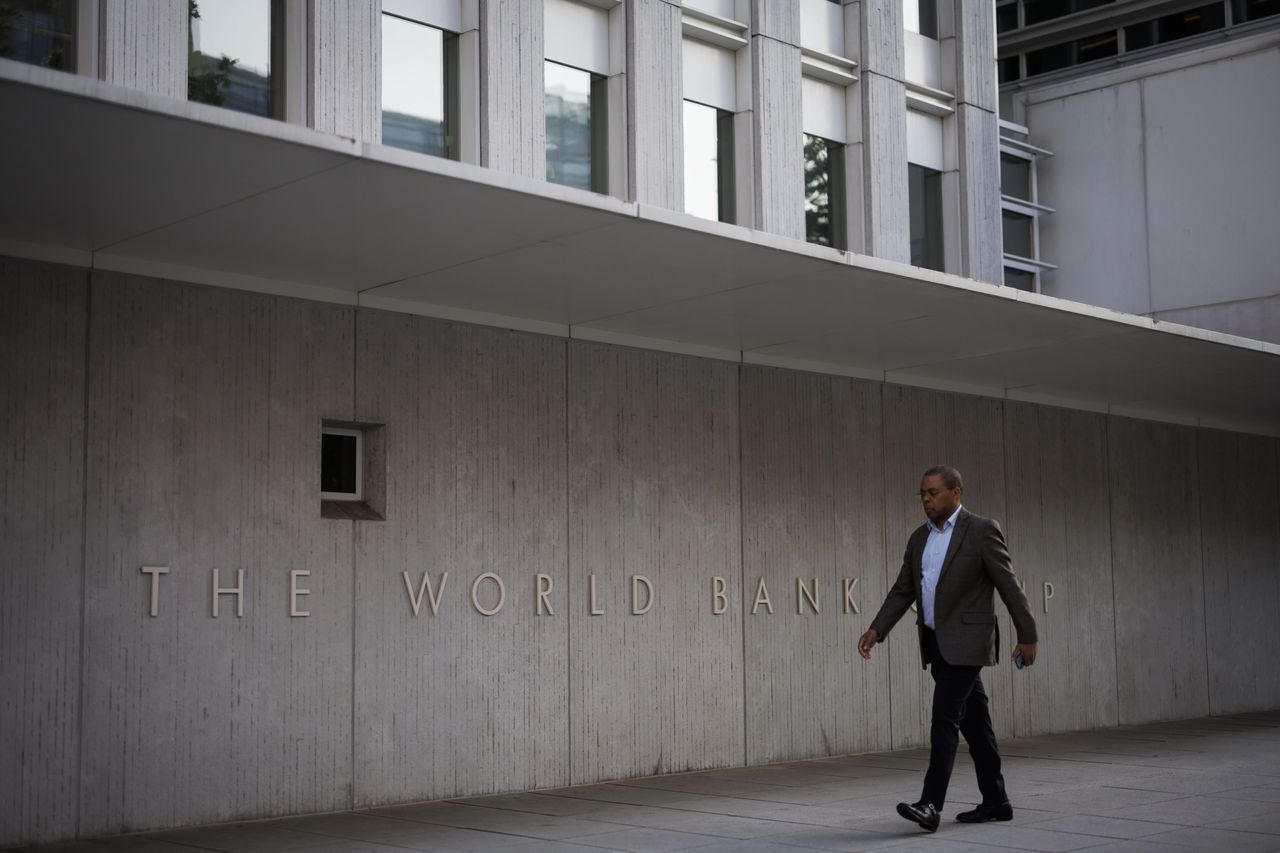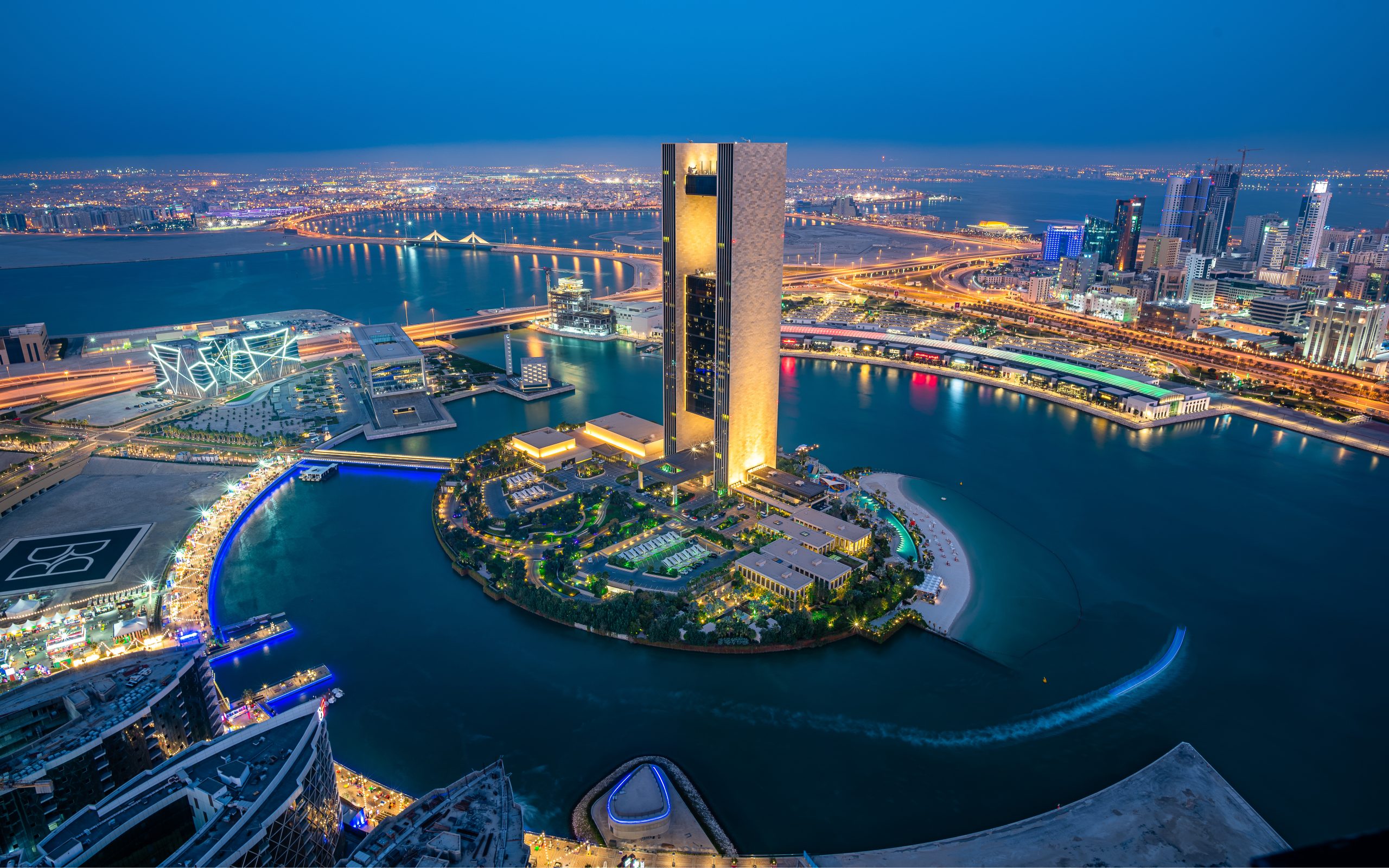The Return of the Dry-Clean-Only Wardrobe
Organza blouses, cashmere overcoats and tailored skirt suits: Fashion’s Paris forecast signalled an end to washable WFH-wear
PARIS—With the frisson of a downturn in the air, designers at fashion week here better known for drama battened down the hatches, sending out streams of polished, functional blouses, jackets, skirts, pants and pumps.
Above all, however, they sent coats. Some highlights: strictly cut propositions at Givenchy and Alexander McQueen, luxe puffers at Schiaparelli, and today’s belted, no-tricks camel-coloured overcoats at Louis Vuitton. Liane Wiggins, head of womenswear at British retailer MatchesFashion, praised Paris Fashion Week’s notably beautiful coats in an interview and rated them the “number-one investment” for customers who, in a change from their usual habits, might be choosing between luxuries this year.
And those buying habits are indeed changing. At a dinner for his independent Vienna-based brand, Petar Petrov told me that his clients are no longer searching for the comfort-forward attire of post pandemic life. Instead, women are again craving silk dresses and blouses, things to be worn to appear soignée at work, dinner, on dates (and then dry-cleaned… unthinkable in 2020).
Button-up blouses, a neutral palette, androgynous coats—if it sounds familiar, that may be because Lydia Tár pretty much foretold the fall collections. Although Cate Blanchett’s problematic composer in the Oscar-nominated movie “Tár” was not exactly an aspirational figure, her impeccably tailored wardrobe resonated well beyond the film.
Ms. Wiggins said this season was all about “more tailoring, cleaner looks and what I always call ‘real clothing’—but with added value and details that mean you will have it in your wardrobe forever, and it won’t feel too trend-heavy.”
Here, five brands that made persuasive cases for “real clothing”:
Loewe: Where ‘innovation’ is not just a buzzword
Jonathan Anderson, the designer behind Spanish LVMH brand Loewe, is one of the rare designers who uses innovative techniques and materials to make clothing that is supremely wearable. Without last season’s dependence on surreal elements such as exaggerated anthurium-flower tops, the fall collection focuses on more realistic pieces, like long leather coats and proper trousers.
That realism was imbued with tireless experimentation—the kind that people who love clothing will want to pay for. The seemingly simple silk printed dresses were printed with faded images of dresses from decades past, giving the contemporary pieces a sense of history. Shearling coats were moulded into hourglass shapes. Cropped leather jackets and skirts were vacuum-stiffened into firmness.
Mr. Anderson also excels when he considers and updates familiar and functional pieces—like last season’s Barbour jackets, or this season’s work boot. The Loewe representative who took me around the showroom said that the house’s employees—both men and women—were all excited to wear fall’s comfortable work boot, with its large toe box and nubbly texture.
Balmain: An approachable elegance
In recent seasons, the Balmain show has been an over-the-top spectacle bringing together thousands in stadium-style shows, often with live music. Last season, a raised runway showcased nearly 100 looks, Cher sang and there was a hamburger stand. The styles—as befits a brand beloved by Beyoncé and the Kardashian sisters—prioritised drama, including wide hats and sculpted pieces in unorthodox fabrics like banana leaf. But the show was late and chaotic, and attendants complained (a Vogue reviewer bemoaned his soggy bottom).
So this season the brand swung back to basics, or as close to basics as Balmain gets. In an interview, creative director Olivier Rousteing stressed the importance of looking to the house’s founder Pierre Balmain’s “legacy, and the power of the distinctive tailoring, structure and spirit behind his ‘New French’ style.” The term “New French” was coined by Gertrude Stein’s partner Alice B. Toklas after seeing the brand’s first collection in 1945. It’s a moment—as crystallised by a famous Horst photograph of Stein with her poodle Basket and a Balmain model—that Mr. Rousteing referenced with this collection.
That resulted in a collection full of elegance, like jackets with nipped waists, capes, full skirts and reworked tuxedos. Many looks were worn with simple black velvet cropped pants, the kind of piece that could augment any wardrobe. One guest—74-year-old model Maye Musk (Elon’s mom)—nodded her head in approval.
The Row: Creature comforts, from cashmere to chocolate
The Row, the American design house founded by Mary-Kate and Ashley Olsen, has found a spiritual home in Paris, where it has an office. Like the Japanese brands Yohji Yamamoto and Issey Miyake, both of which show their collections in the French capital, the Row’s pure and formally inventive clothing makes sense when seen against the backdrop of Haussmannian moldings and herringbone floors.
This collection did not stray from the brand’s specialties: Lydia Tár-like suits, shirting and Serious Coats, spare evening wear, elbow-length gloves, flat boots perfect for city walking. But it felt particularly right in the context of a season of realistic, investment-grade fashion—as if the world synced up to the Row than vice versa.
At the show’s conclusion, young men proffered green juice, green tea, perfectly ripe pears and hunks of dark chocolate. Along with great knitwear and flat shoes, these are the keys to many women’s affection.
Balenciaga: A postscandal return to ‘the art of making clothes’
The most hotly anticipated show this season was Balenciaga’s, but not for the usual reasons. With a hint of schadenfreude, editors gossiped about how creative director Demna would react (or not) to the uproar around the brand’s recent campaigns that some interpreted as endorsing child pornography. Demna has apologised for featuring children in the campaign, and Balenciaga’s owner François Pinault last month said “we’re allowed to make mistakes in a group like Kering.”
In his show notes, Demna declared a return to the purity of design: “Fashion to me can no longer be about entertainment, but rather as the art of making clothes.” That manifested as elemental forms and silhouettes, starting with sweeping black lace dresses punctuated by crested shoulders. Blazers, denim jackets, overcoats and trenches were all oversize, dwarfing their wearers. Demna applied his contemporary touch to ladylike Balenciaga signatures like bows and florals.
But under the designer, Balenciaga has always been about far more than clothes. Stunt shows commenting on current events, a Simpsons collaboration and Kim Kardashian mummified in danger tape made it a part of the zeitgeist. Are clothes alone—even ones as thoughtful as this—enough?
Saint Laurent: A powerful vision of business-not-very-casual
When was the last time you saw someone wearing a proper skirt suit—outside of a retro movie or TV show? Chances are, you’re scratching your head, but if Anthony Vaccarello’s Saint Laurent show has anything to do with it, the skirt suit will be on the ascendant come fall.
The show’s vision of a powerful businesswoman—albeit one who still values comfort and sex appeal—began Paris Fashion Week with a slap of chicness. Some fashion obsessives on Twitter used the occasion to compare Mr. Vaccarello’s early work—characterised by micro party dresses and lots of leather—to his sophisticated forays of recent years. The brand has grown up with him.
Although the extreme shoulder of the blazers and the deep décolleté of the camisoles will not be for everyone, the pinstriped wool suit separates and blanket coats are future classics. And Ms. Wiggins of MatchesFashion pointed to the show’s organza blouses, with their dramatic streaming neck ties, as the perfect tops for a dinner date.
 Copyright 2020, Dow Jones & Company, Inc. All Rights Reserved Worldwide. LEARN MORE
Copyright 2020, Dow Jones & Company, Inc. All Rights Reserved Worldwide. LEARN MORE
Chris Dixon, a partner who led the charge, says he has a ‘very long-term horizon’
Americans now think they need at least $1.25 million for retirement, a 20% increase from a year ago, according to a survey by Northwestern Mutual
The G80 Sport makes its entrance, displaying dynamic design details and elevated automative capabilities.
Juma Al Majid LLC, the exclusive dealer for Genesis in the UAE, has launched the G80 – a cutting-edge luxury sedan. Merging tradition with innovation, this model embodies Genesis‘ relentless pursuit of superior design, state-of-the-art technology, and unmatched luxury.
The new G80 marks a significant milestone in introducing Korean automotive excellence to the UAE, highlighting the brand’s commitment to providing exceptional experiences.
Meticulously crafted, the redesigned G80 adheres to the ‘Athletic Elegance’ design philosophy synonymous with Genesis. This luxury vehicle features refined details and cutting-edge specifications, combining comfort and style to elevate every driving experience to new heights.
“The debut of the all-new G80 in the UAE market propels our vision to converge advanced technology and refined elegance”, stated Suliman Al Zaben, Director of Genesis, UAE. “This launch is a step forward for Genesis in the UAE market and strengthens our efforts to offer ultimate luxury, innovation, and unique design to our incisive customer base.”
With a new dual-mesh design, the G80’s exterior enhances the sophisticated appearance of the Two-Line Crest Grille, paired with iconic Two-Line headlamps featuring Micro Lens Array (MLA) technology. This highlights Genesis’ commitment to harmonizing advanced technology with elegant design. The five 20-inch double-spoke wheels exude a dynamic aesthetic, resembling sleek aircraft lines, complementing the car’s parabolic side profile. Rear diffusers conceal mufflers adorned with distinctive V-shaped chrome trim inspired by the Crest Grille, embodying an eco-conscious ethos in today’s technology-driven era.
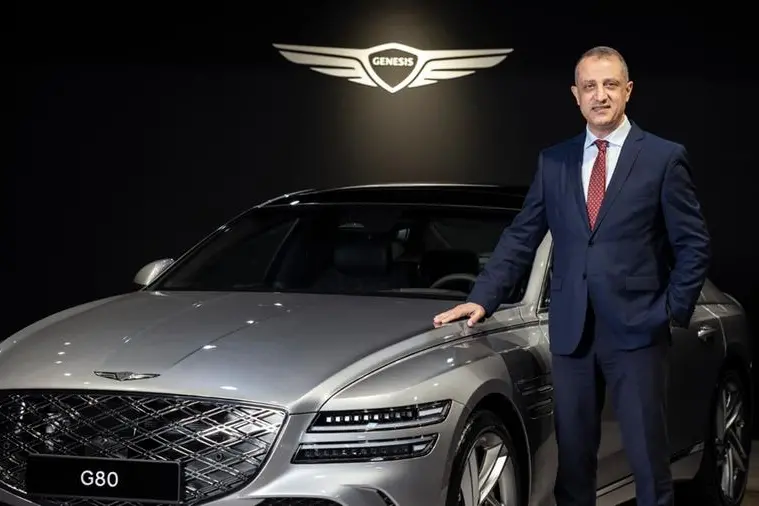
The G80 reinforces Genesis’ design philosophy in its interiors, inspired by the uniquely Korean concept of the Beauty of White Space, integrated with state-of-the-art technology to create cosmetic brilliance for users. The 27-inch-wide OLED display seamlessly combines the cluster and AVN (Audio, Video, Navigation) screen in a horizontal layout, extending to the center fascia, showcasing its flair for innovative technology. The touch-based HVAC (Heating, Ventilation, and Air Conditioning) system offers ease of control, while the redesigned crystal-like Shift By Wire (SBW) ensures a comfortable grip, infusing a sense of luxurious convenience.
With its dual-layered Crest Grille and expanded air intakes, the G80 Sport package delivers a dynamic and sporty spirit. Exclusive interior options, such as a D-cut steering wheel and carbon accents, enhance its sporty allure. Equipped with Rear Wheel Steering (RWS) and Electronic Limited Slip Differential (E-LSD), the G80 Sport 3.5 twin turbo model is built for stable control during high-speed maneuvers.
Fitted with advanced safety and convenience features, this luxury sedan includes Remote Smart Parking Assist 2, Lane Following Assist 2, and a Fingerprint Authentication System. The three-zone HVAC system provides customized climate control for all passengers. With two powertrain options – a 2.5 turbo engine delivering 300 horsepower and 43.0 kgf·m of torque, and a 3.5 twin turbo engine producing 375 horsepower and 54.0 kgf·m of torque – superior driving dynamics ensure a silent and luxurious driving experience.

Chris Dixon, a partner who led the charge, says he has a ‘very long-term horizon’
Americans now think they need at least $1.25 million for retirement, a 20% increase from a year ago, according to a survey by Northwestern Mutual
















